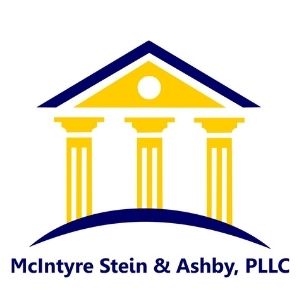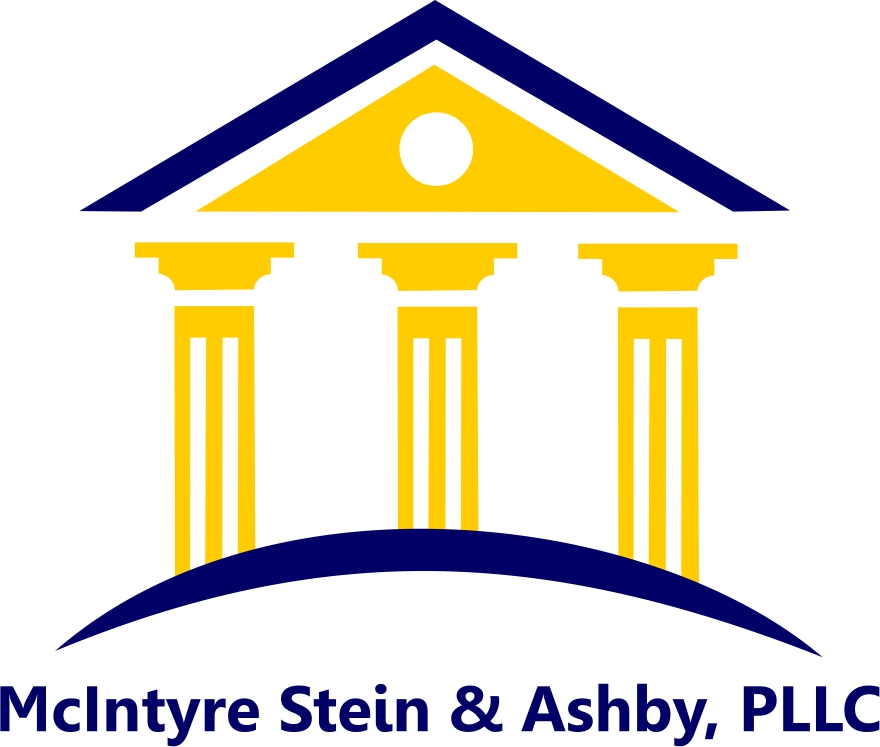Bankruptcy FAQ
Below are the answers to some frequently asked questions about Bankruptcy.
If you still have questions, give us a call and set up a free consultation.
What are the benefits to filing for Bankruptcy?
The filing of a bankruptcy petition automatically stops most collection actions such as garnishments, foreclosures, repossessions and lawsuits. This “automatic stay” allows you to have a breathing spell during which you have the opportunity to put your finances in order and try to chart a more promising financial future.
How do I file for Bankruptcy?
A case begins when you file a petition with the bankruptcy court. Financial information, including a list of assets, debts and creditors must be provided. In addition, individual debtors must participate in consumer credit counseling with an approved agency within 180 days prior to the filing of a bankruptcy petition. As soon as the bankruptcy petition is filed, the debtor’s creditors are notified of the filing and the automatic stay goes into effect.
Will Bankruptcy stop collection calls?
Yes! The ultimate goal for most people who file bankruptcy is to obtain a discharge from debts that arose prior to the commencement of the case. Once the discharge is obtained, creditors cannot pursue collection efforts against you for many of those debts. Bankruptcy also affords you the opportunity to reject ongoing obligations under certain types of contracts, recover property or assets that were seized prior to the bankruptcy case and remove certain kinds of liens.
Will Bankruptcy stop a foreclosure sale?
Yes! A bankruptcy filing will immediately stop a foreclosure sale and allow you more time to determine the best course of action with regard to your home or other real estate.
Will Bankruptcy stop garnishment?
Yes! Filing bankruptcy immediately stops the garnishment process. And, if properly implemented, the Bankruptcy Code can sometimes provide for the return of funds that were garnished prior to the bankruptcy filing.
What is a Chapter 7 Bankruptcy?
A Chapter 7 is a liquidation bankruptcy. When you file a Chapter 7, you can expect to eliminate most of your debts for a fresh start and stop wage garnishments, foreclosure actions, car repossessions and other stressful debt collection activities by your creditors. In a Chapter 7 case, the debtor will typically receive an order discharging most of his or her debts within three to four months.
You will be entitled to exempt certain assets from your bankruptcy estate, but if your assets exceed your allowable exemptions, the trustee appointed to your case might be required to sell those assets. Bankruptcy exemptions can be a complex area of law. Even though you can file a bankruptcy petition without a lawyer, using an experienced bankruptcy attorney can make the process run more smoothly and prevent you from making expensive mistakes.
What is a chapter 13 Bankruptcy?
A Chapter 13 is a “wage-earners” bankruptcy. When you file a Chapter 13 bankruptcy, you submit a plan to repay your debts over a three to five year period. The bankruptcy laws determine how much you will pay based on your income and expenses. At the end of the three to five year period, generally, all remaining unsecured debts will be discharged. Chapter 13 can save your home from foreclosure. In addition, Chapter 13 bankruptcy is an option when your income is too high to qualify for a Chapter 7 bankruptcy or when you have significant assets you would lose by filing a Chapter 7 bankruptcy. Chapter 13 can also be an effective way to pay tax debt without incurring additional.

